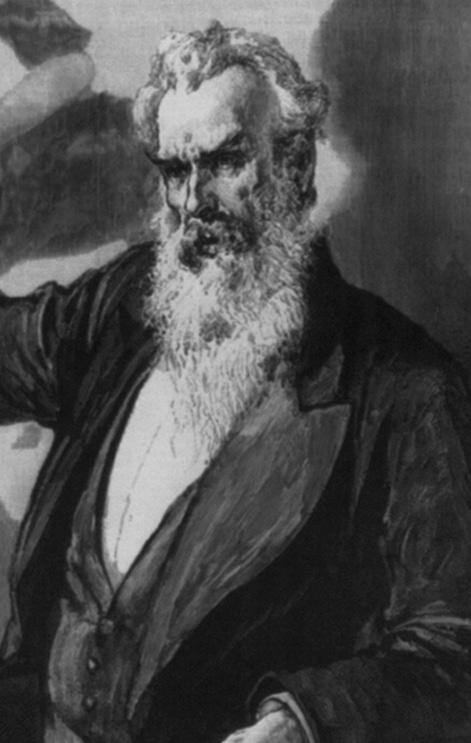
The pounding hooves of a horse and rider racing down the track snap the strings and trip the shutters. Each camera takes a different picture of the horse's stride.
In 1878, photographer Eadweard Muybridge used this method to capture the exact movements of a galloping horse on film. He was interested in the science behind a horse's gait. The sequence of photos proved that all four of a horse's hooves leave the ground at one point during a gallop.
Muybridge also introduced the Zoopraxiscope. It was a flat, discshaped device. When spun, it made sequential images on its outer edge appear to be in motion. With his images and his device, Muybridge created an important link to motion picture development.
Magic Lanterns
The evolution of moving pictures weaves together many concepts. Those concepts began with magic lanterns. They were devices that used a source of light to project an image painted on a glass slide through a lens and onto a makeshift screen.
Magic lanterns were in use for centuries in Europe. By the 1700s, people used them in homes as entertainment and in laboratories as educational tools. By the late 1700s, people used them to present "horror shows," to project frightening images to an audience. By the 1890s, elaborate magic lanterns had become popular forms of entertainment in the United States. They sometimes consisted of three lenses projecting multiple still pictures onto a single screen. They often were part of vaudeville shows.
Let Them Spin
This story is from the July/August 2023 edition of Cobblestone American History Magazine for Kids.
Start your 7-day Magzter GOLD free trial to access thousands of curated premium stories, and 9,000+ magazines and newspapers.
Already a subscriber ? Sign In
This story is from the July/August 2023 edition of Cobblestone American History Magazine for Kids.
Start your 7-day Magzter GOLD free trial to access thousands of curated premium stories, and 9,000+ magazines and newspapers.
Already a subscriber? Sign In
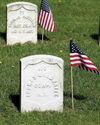
Putting the Pieces Together
Americans needed to begin to put the past behind them, come together, and plan for the future in the spring of 1865. But Abraham Lincoln, the man best equipped to lead them and who had hoped to restore the country as smoothly and peacefully as possible, had been assassinated.
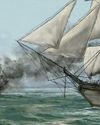
LAST SHOTS
The last Confederate forces in the Civil War didn’t surrender in the spring of 1865 or on a battlefield.
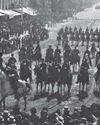
AND IN OTHER 1865 NEWS
A group of African Americans stop at the White House’s annual public reception on January 1, where they shake hands with President Abraham Lincoln.
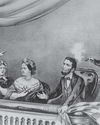
A Plot to Kill President the
For several months, actor John Wilkes Booth’s band of conspirators had plotted to capture President Abraham Lincoln and hold him hostage in exchange for Confederate prisoners.
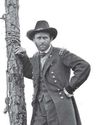
Let the Thing Be Pressed
In June 1864, Union Lieutenant General Ulysses S. Grant began a nearly 10-month campaign in Virginia.
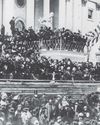
HEALING THE NATION
President Abraham Lincoln took the oath of office for the second time on March 4, 1865.

A Helping Hand
The spring season is hard in any agricultural society. Plants and animals are too small to eat.
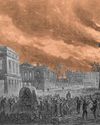
WAR SHERMAN-STYLE
As far as Union Major General William T. Sherman was concerned, the Civil War had gone on long enough.
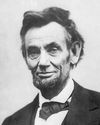
PEACE TALKS
The fall of Fort Fisher made clear that the Confederacy’s days were numbered. Southerners were tired and hungry.
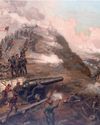
FORT FISHER'S FALL
Outnumbered Confederate soldiers inside Fort Fisher were unable to withstand the approach of Union troops by land and the constant Union naval bombardment from the sea.